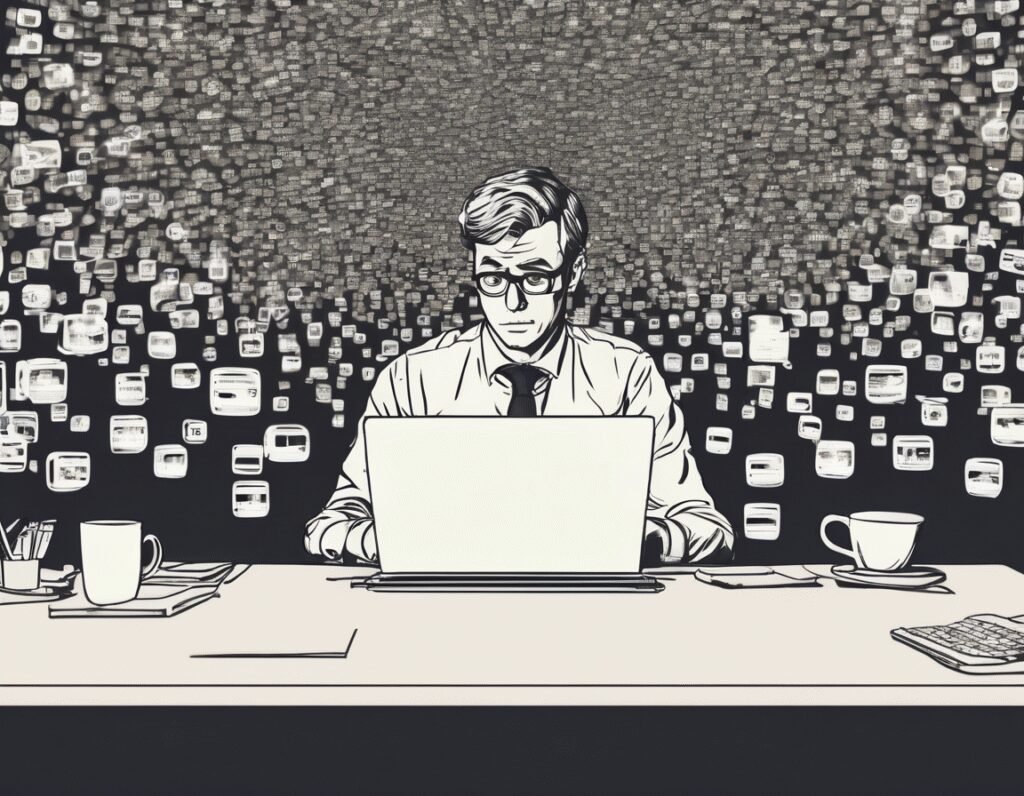Sam Altman Rediscovers the Fake Internet He Helped Create
Sam Altman, the CEO of OpenAI, appears to be having a moment of clarity, or perhaps confusion, about the current state of the internet. After spending immense time with the AI technology he helped pioneer, he has taken to social media to express a sense of bewilderment at how fake and inauthentic the online world has become. His sudden observation comes across as a surprising revelation for a man whose company’s products are significant contributors to this very phenomenon.
The catalyst for Altman’s latest public musing was a screenshot shared by another user. It depicted the Reddit forum for Claude Code, an AI model developed by Anthropic, flooded with an overwhelming number of overly positive and seemingly robotic posts. The content was a torrent of effusive praise, with users proclaiming Claude’s superiority over all other AI tools in near-identical language. The lack of genuine critical discussion and the robotic nature of the comments made the entire forum seem artificial, as if it were overrun by bots or AI-generated content designed to manipulate perception.
This incident served as a perfect microcosm of the broader issue Altman was reacting to. The internet is now saturated with synthetic content. From AI-written blog posts and product reviews to fully automated social media accounts, the line between human and machine-generated material is increasingly blurred. This creates an environment where authenticity is scarce and trust is eroded. Forums that were once hubs for genuine user discussion and peer support are now prime targets for astroturfing campaigns and AI-driven sentiment manipulation.
The irony of Altman’s puzzlement has not been lost on observers. The large language models championed by OpenAI, including the famous ChatGPT, are the very engines powering this new wave of content generation. These tools can produce human-like text at an unprecedented scale and speed, making it incredibly easy to flood any online platform with persuasive, yet entirely synthetic, commentary. This capability is a double-edged sword. While it offers utility, it also lowers the barrier for bad actors to deploy massive disinformation campaigns or artificially inflate the popularity of a product or idea.
Altman’s public grappling with this issue highlights a central tension within the AI industry. The leaders who are aggressively pushing this technology forward are now being forced to confront its unintended consequences. The automated soulless text machine, as some critics call it, is fundamentally altering the fabric of online communication. The digital landscape is becoming a hall of mirrors, where it is nearly impossible to distinguish a real human thought from a cleverly engineered simulation.
His commentary suggests a dawning realization that the genie cannot be put back in the bottle. The question is no longer about how to create more powerful AI, but how society and the tech industry itself will adapt to a world where nothing online can be taken at face value. The solution, if one exists, will require more than just observation. It will demand a concerted effort to develop new methods of verification and to foster digital spaces where human authenticity can still thrive amidst the automated noise.

